Spending Review: Key points from Rishi Sunak's statement
- Published
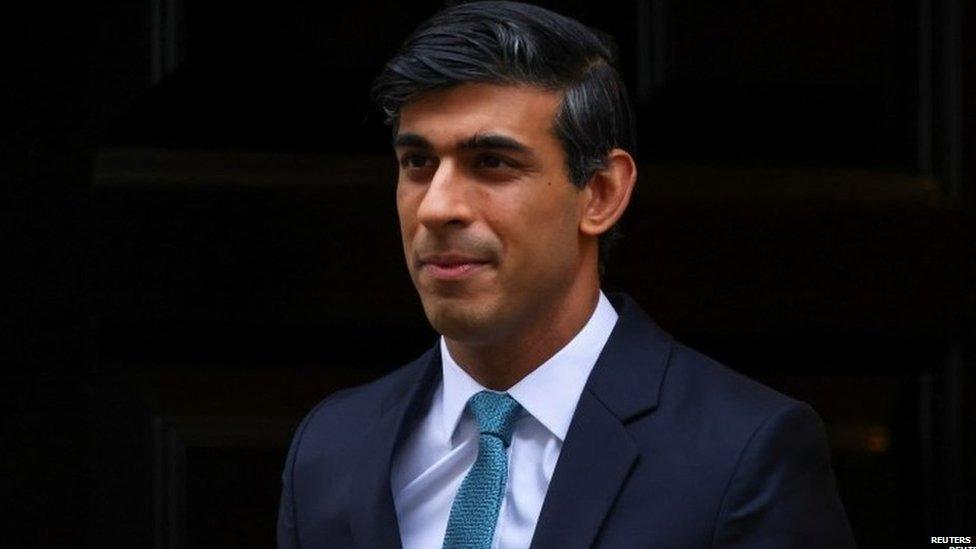
Chancellor Rishi Sunak has set out what the UK government will spend on health, education, transport and other public services next year.
In a statement in Parliament, he also briefed MPs about the state of the UK economy and the latest forecasts for the UK's public finances, which have been battered by the Covid pandemic.
Here are the main points.
An estimated 1.3 million public sector workers will see their pay frozen in 2021-2
Most NHS workers and those earning less than £24,000 will still get increase
The UK economy is expected to shrink by 11.3% this year
Unemployment is expected to reach 7.5% next spring, with 2.6 million people out of work
Overseas aid budget is to be cut by about £4bn
A new £4bn "levelling up" fund will pay for upgrading local infrastructure across UK

Public sector pay

An estimated 1.3 million public sector workers will see their pay frozen in 2021-2
But more than two million earning less than £24,000 a year will get a minimum £250 increase
More than a million doctors, nurses and other NHS workers will also see rise
National Living wage to rise by 2.2%, or a minimum of £345, to £8.91 an hour
23 and 24-year olds will qualify for living wage for first time

State of the economy
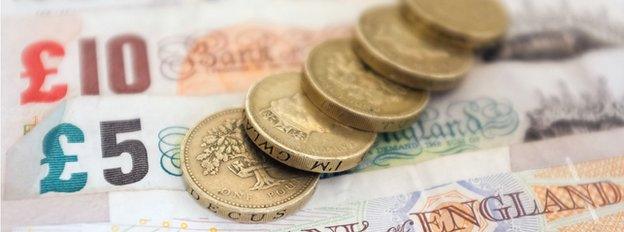
Economy set to contract by 11.3% in 2020, the largest fall for more than 300 years
Economy forecast to grow by 5.5% next year and by 6.6% in 2022
Output not expected to return to pre-crisis levels until the fourth quarter of 2022
Unemployment is expected to reach 7.5% next spring, with 2.6 million people out of work
Borrowing forecast to hit £394bn this year, equivalent to 19% of GDP, the highest ever in peacetime
UK debt will be equivalent to 91.9% of GDP this year and rise to 97.5% of GDP in 2025-26
In 2025, the economy will be around 3% smaller than was expected in March Budget forecast

Health and social care
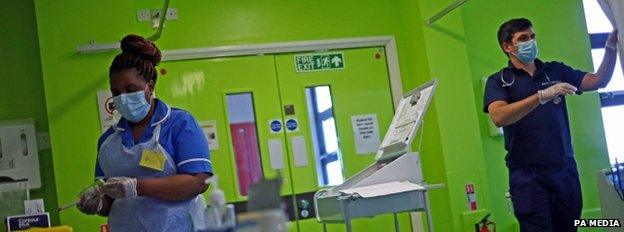
A total of £18bn to be spent on Covid testing, PPE and vaccines next year
Health budget in England to rise by £6bn, including an extra £3bn for the NHS to cope with Covid pressures
£1bn to tackle treatment backlogs and enable delayed operations to go ahead
£500m for mental health services in England
£325m to replace ageing diagnostic equipment like MRI and CT scanners
£300m extra grant funding for councils for social care

Employment and business

A new £4.6bn package to help people back to work
£2.6bn for Restart scheme to support those out of work for 12 months
£1.6bn for the Kickstart scheme to subsidise jobs for young people
£375m skills package, including £138m to provide Lifetime Skills Guarantee
New £4bn "levelling up" fund to finance local infrastructure projects, like by-passes
New UK infrastructure bank to be established in North of England
Business rates multiplier will be frozen in 2021-22

International aid and defence
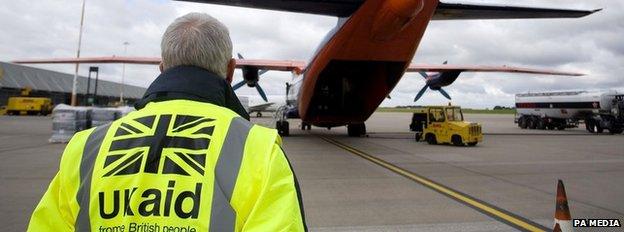
Overseas aid budget to be cut from 0.7% to 0.5% of total national income
Will see reduction of about £4bn in support for tackling global poverty
UK will revert to 0.7% target in 2022-23 if the public finances allow
A multi-billion pound increase in annual defence spending over the next four years, creating 40,000 jobs
New centre dedicated to artificial intelligence
National cyber force to counter terrorists, organised crime groups and hostile states

Schools, transport, crime and councils
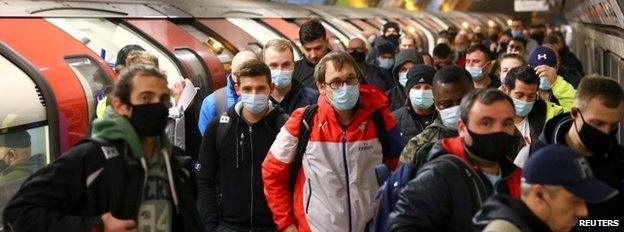
£2.2bn extra for schools in England, representing 2.2% increase per pupil
£2bn in subsidies for the rail network
£3bn in extra funding for local authorities, representing a 4.5% increase in spending power
£250m for councils to tackle rough sleeping
£4bn over four years to provide 18,000 new prison places
More than £400m to recruit 6,000 new police officers by the end of 2022

Brexit
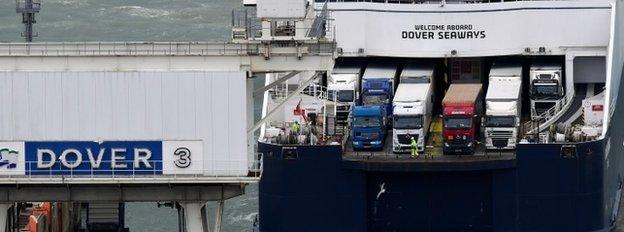
The Office for Budget Responsibility has estimated the UK's economy could shrink by a further 2.1% - on top of the projected impact of Covid - if there is no trade deal with the EU
In its latest forecast, external, issued alongside the Spending Review, it warned of "various temporary disruptions to cross-border trade" if current talks ended without an agreement, affecting growth for up to five years
Trade deals with other countries, like the US and Japan, are "unlikely to compensate", it adds.

Scotland, Wales and Northern Ireland

£4.7bn cash increase for the devolved administrations, including £2.6bn fund to boost Covid recovery
Scotland will get £2.4bn, Wales £1.3bn and Northern Ireland £900m, based on Barnett spending formula
As part of Scottish settlement, there will be £570m to support farmers, £14m for fisheries and £11m for regional growth deals
